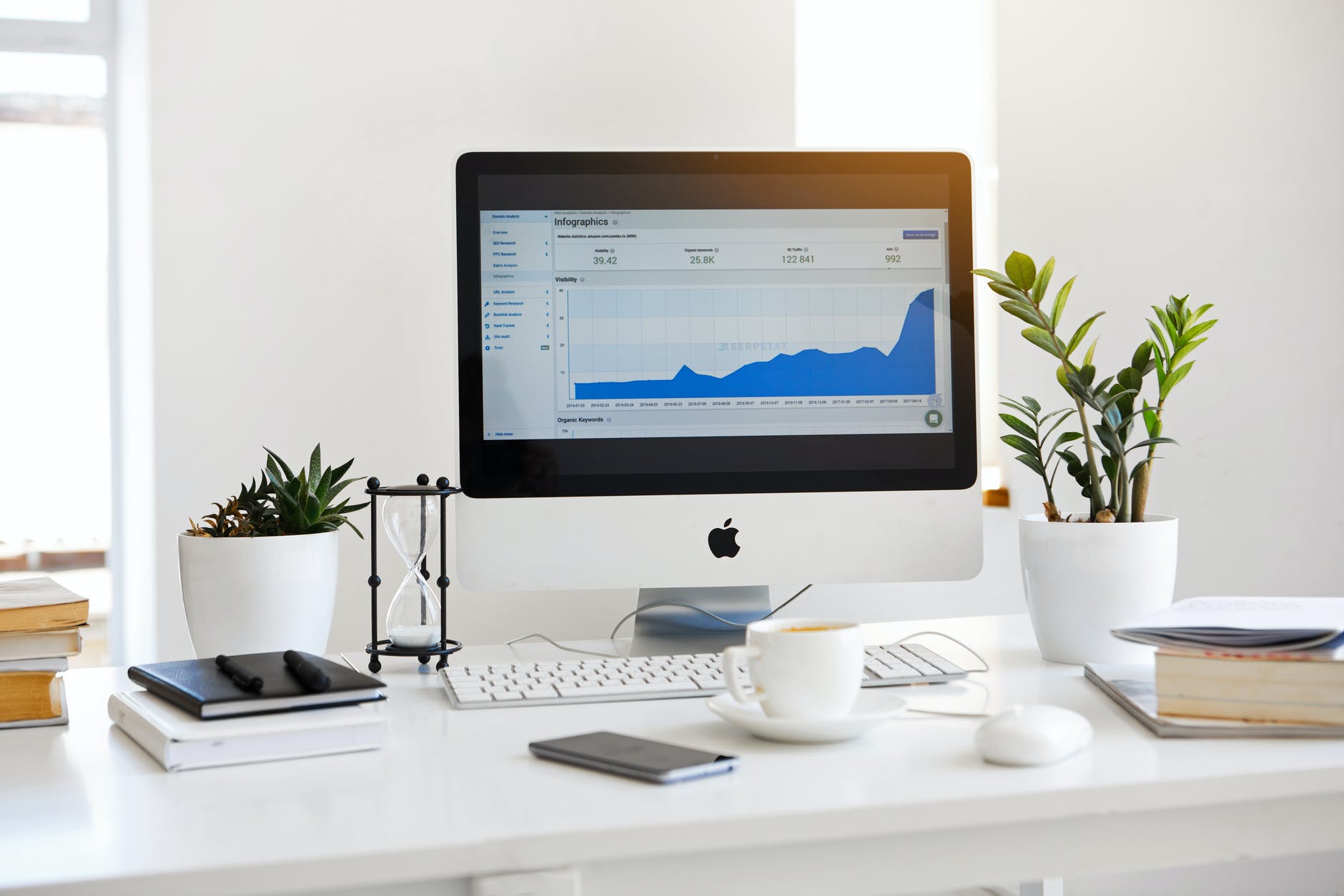Is Digital Marketing a Must for UK SMEs?
The Essentials of Digital Marketing for SMEs
Perhaps, unlike accounting, marketing as a whole has always been an ever evolving aspect of business. Small business owners have always been conscious about ensuring that they have an adequate presence when it comes to attracting customers.
But unlike 30 years ago, when the go to marketing service was a giant billboard or hundreds of ads in the local paper. The introduction of digital media to the world has seemingly supercharged the evolution of marketing. It has created marketing’s very own sub-sector. Digital Marketing.
This sub-sector has all but replaced conventional marketing these days, which asks the question; how do the thousands of UK SMEs adjust and take advantage of this.
Well the thing is, most of them are not able to execute this plan themselves. Catching someone’s attention – especially an ideal customer – is easier said than done. Marketing has become more intricate as all of these businesses scramble over one another, all competing for people’s clicks, impressions, shares and conversions.
In this blog we will examine all of the different options available to SMEs when they consider increasing their online presence.
Get a Website

Probably the most thought of strategy for small business owners. A website has replaced the sign above the shop for businesses. In the old days, a business would have a big sign outside their premises advertising who they were, what they did and where they were. Nowadays, a business may look at a website with higher priority as it can act as almost a digital shopfront to its customers. But is a website definitely the way to go?
Pros:
Consumers Prefer Them. These days nearly all businesses are expected to have a website by their customers. Perhaps this is largely down to the fact that very few households use their yellow pages for anything other than killing insects these days.
35% of small business owners feel that their SME is too small to warrant a website being built. Yet 5% of consumers say that they would not recommend a business that had no website.
Open All Hours. Okay, maybe most businesses are not open 24/7. But a website is always there. So if a business’s potential customers are looking for them at 4am, then a website most certainly is there to be seen.
Cons:
Cost. Unlike the rest of the services on this post, a website is the most expensive form of digital marketing. This is because quality web designers don’t come cheap. Small business owners should expect to pay an average of between £400 – £995 for just a basic website (complex builds & ecommerce sites can cost much much more).
A Website Alone Won’t Get Noticed. Imagine a carpenter. They’ve probably paid a lot of money to have a Van sprayed/wrapped with company branding. Now imagine that all that happens is they keep the van in a garage so that no one ever sees it. This is essentially what is happening all of the time to SMEs, who pay hundreds for a website yet they never follow it up with any optimisation and activity, rendering it similar to the van; Parked on Google collecting virtual dust.
Search Engine Optimisation (SEO)

Something that a few have heard of, but even fewer know how to do. Referring back to the analogy of the carpenter’s van, SEO is the equivalent of somebody ensuring the van is driveable and plotting an effective route for it to take in order to be seen by the largest number of people. Making sure that a website contains all of the relevant information about a business (i.e. what they do, where they do it and where they are) means that search engines like Google will push the business higher in search results for customers who are actively looking for the businesses services.
Pros:
Increased Reach. The ability to appear higher on search engines inevitably means reaching more people. If a business ranks higher than its competitors on Google then you can bet your pension that they will take more customers from them. This is made painfully clear by the fact that 61.5% of clicks go to the first 3 results.
Better Conversion Rates. If a website is well optimised then it means content will read properly, images will display correctly and all buttons & links on the site will work and can be followed easily by users. This means that any potential customer will engage positively with the website and is far more likely to purchase from, enquire and trust the business immediately. The average website conversion rate is 2.35%, yet the top 10% of businesses have 3-5 times that average.
Cons:
Time. SEO takes a long time to start paying off for a business. So if an SME is needing faster and more of an instant boost to their digital marketing, then SEO alone will not get them there. The average time it will take for SEO to begin having an impact is around 4-6 months.
Time. Again. Another issue is the amount of work that needs to be put into an effective SEO campaign. The majority of small business owners simply don’t have the time to be constantly checking Google Analytics. They definitely don’t have the time to be writing masses of new content, optimising individual web pages and building backlinks for their site. Unfortunately, SEO is just too much to handle for businesses who can’t hire a specialist, this is the main reason that most businesses websites will appear lower on Google than their own Yell listing.
Social Media Marketing

Although it can tend to be the place that you see people you went to school with are now whole selling fitness products or that certain family members are less tolerant than you thought, Social Media is incredibly useful for business. With 3.5 billion users worldwide, it is the go-to place where you can engage with customers and even put out attractive ads that are targeted towards your ideal customers. But even the basics of regularly updating a business page means that the business is more likely to be trusted online.
Pros:
Easy To Do. Compared to the other aspects of digital marketing in this blog, Social Media Marketing is by far the easiest for businesses to master. The reason, well most business owners are probably on there anyway (be it a personal account). Simply by taking the time to share regular updates about their business, just as they would their lives on a personal account, they can greatly improve the digital footprint of their business.
(If you’re still stuck here are some inspiring posts for you to check out)
Cost. Being on a social media platform doesn’t cost anything. At least not yet. A business won’t have to invest, as they would for a website, just to begin creating pages, accounts and posts for their business. The only cost involved is time, but even that is minimal. Most profiles take no longer than 5 minutes to create and to share a post takes less than 1 minute. A quick way to make sure customers are aware of the businesses recent activity.
Cons:
Risk of Negative Publicity. There’s no such thing as bad publicity right? Wrong! Social media is now the largest channel for consumer complaints with almost half of customer grievances playing out here. The rise of keyboard warriors has meant that a business cannot control the narrative or interpretation of complaints when they’re left here, so if there are many complaints left about a business on social media then… yikes!
Low Conversion Rates. Let’s face it, most people go to places like Google, Amazon or in less chaotic times, maybe even a shop in order to buy something. Even the most avid users of social media can’t see it as the only channel available for a business to advertise. The sheer mass of new content constantly being uploaded means that posts are soon buried and forgotten. The bottom line is that these platforms are great for engaging with current customers, but not exactly for finding new ones.


0 Comments